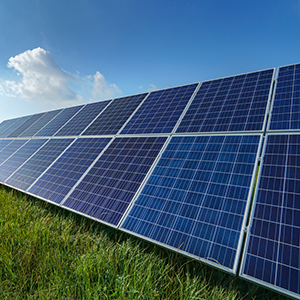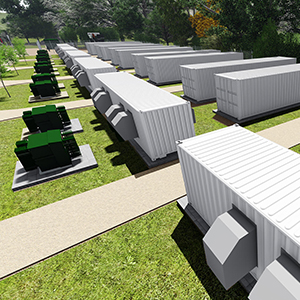






Net Zero is achieved when a country removes as much carbon from the atmosphere as it emits!
Reducing carbon emissions, delivering Net Zero.
We have reached a crucial point where governments, industry, local communities and individuals are taking greater responsibility for their actions.
Decisive action is leading to sweeping changes.
Bold, bright companies are rising to the challenge, rolling up their sleeves, and delivering this action.
At BIA Power, our main focus is to invest in and develop solar and storage projects across the UK that will help support the country’s transition to Net Zero. We may also invest in onshore wind projects if the right opportunity presents itself.




Where have we come from?
Over the past 20 years, the world has woken up to the risks of Climate Change. Whilst climate change deniers still express their doubts, governments, industry and individuals across the world are taking action to reduce greenhouse gas emissions (GHGs) and live and work in a more sustainable way.
Successive inter-governmental agreements (at Kyoto, Paris, Rio) have seen national governments, including the UK Government, adopt a range of policies to reduce GHGs and put their countries firmly on the path to Net Zero by 2050, if not sooner.
In the UK, the British Government has a legal requirement to deliver Net Zero by 2050, and the steps being taken to do so are overseen by the Climate Change Committee (www.theccc.org.uk)
The Climate Change Committee is an independent, statutory body established under the UK Climate Change Act 2008. Its purpose is to advise the UK and the devolved governments on emissions targets and to report to the UK Parliament on progress made in reducing GHG emissions and preparing for and adapting to the impacts of climate change.
New low-carbon/clean technologies will be needed as well as radical, long-lasting changes in the way we live and work – whether it’s how we generate electricity (in the UK, coal-fired generation will cease in 2025 if not sooner), sales of new petrol and diesel cars in the UK expected to be banned by 2030 (replaced by EVs), or how we heat our homes… (in the UK, gas boilers are expected to be prohibited in all new homes by 2023).
In the UK, progress is being made.
The good news is that UK has started its journey to Net Zero by 2050.
Given UK and EU targets for reductions in carbon emissions, and commercial incentives for renewable electricity such as the Renewable Obligation Certificate scheme (ROCs) and Feed in tariffs (FITs), as well as for renewable heat such as the Renewable Heat Incentive, the UK has seen a significant shift in favour of renewables.
Official data from the UK Government reported that renewable energy made up 47% of the UK’s electricity generation in the first three months of 2020.
Over the past five years, the average carbon intensity of the UK’s electricity system has reduced by 53% (National Grid FES 2020) – due to the decline in coal-fired power generation and the increase in renewables (primarily wind and solar).
However, there is still much to do to deliver Net Zero. The CCC says that the UK will need to quadruple its low-carbon energy generation capacity by 2050 if it is to meet its long-term Net Zero goal.
The powerful force of Solar and Energy Storage
In Greek mythology, Bia was the goddess of force and raw power. At Bia Power, we will invest in solar and storage projects that will be part of this country’s response to Net Zero.
Bia Power are focused on two elements of the Net Zero journey:
Our solar projects will generate renewable electricity to meet the increasing demand for electricity from EVs and heating, and alongside more wind power capacity (onshore and offshore), replace coal and gas-fired power generation.
Our battery storage projects will make the National Grid more efficient, enabling it to better balance supply with the demand for electricity so that wastage or power cuts are minimised.
